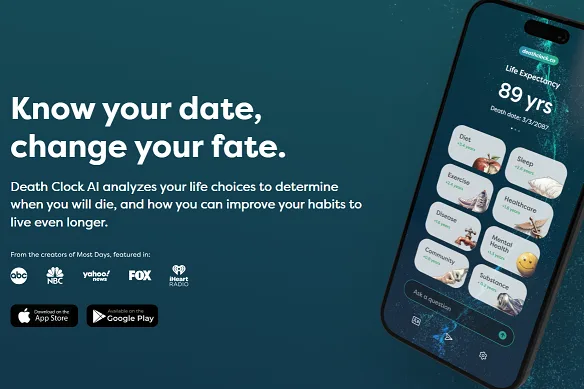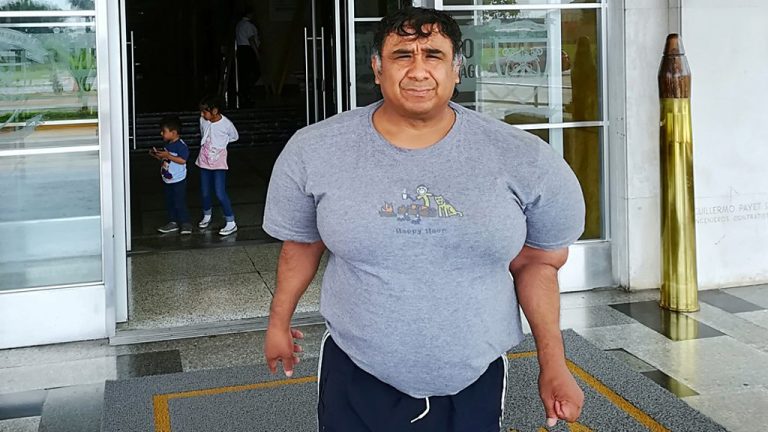Death Clock is an innovative app that uses artificial intelligence to accurately predict a person’s life expectancy based on a number of factors like diet, exercise level and sleeping habits.
We’re all going to die someday, but wouldn’t it be nice to have an idea of when that will be? Many people would probably answer ‘no,’ but for those curious when their demise will occur, there’s Death Clock. Launched in July, this AI-powered app uses a dataset of over 1,200 life expectancy studies and 53 million participants to provide personalized death predictions to its users. It’s a dark premise, to be sure, but financial planners have been paying a lot of attention to Death Clock because of its potential to motivate people to more carefully plan their finances for retirement.

“A huge concern for elderly people, our retirees, is outliving their money,” financial planner Ryan Zabrowski told Forbes, adding that AI-powered tools like Death Clock can help people make informed decisions about their finances to better handle the twilight of their existence.
Death Clock users are required to answer a questionnaire that includes basic demographic information such as age, gender, and ethnicity, as well as detailed questions about family history, mental health, and chronic diseases. Diet, exercise habits, stress levels, and sleep patterns are also factored in by advanced algorithms in order to provide the most accurate death prediction possible.
Judging by anecdotal examples, it seems that Death Clock yields relatively optimistic results. For example, TechCrunch reporter Anthony Ha recently used it and learned that he would die at the ripe old age of 90, with a chance to extend his life to 103, if he makes some lifestyle changes. Then again, the Social Security Administration’s mortality rates table estimates that an 85-year-old man in the US has about 5.6 years to live.
With over 125,000 downloads since its launch in July, Death Clock has definitely become one of the most-talked-about AI-powered apps available.












